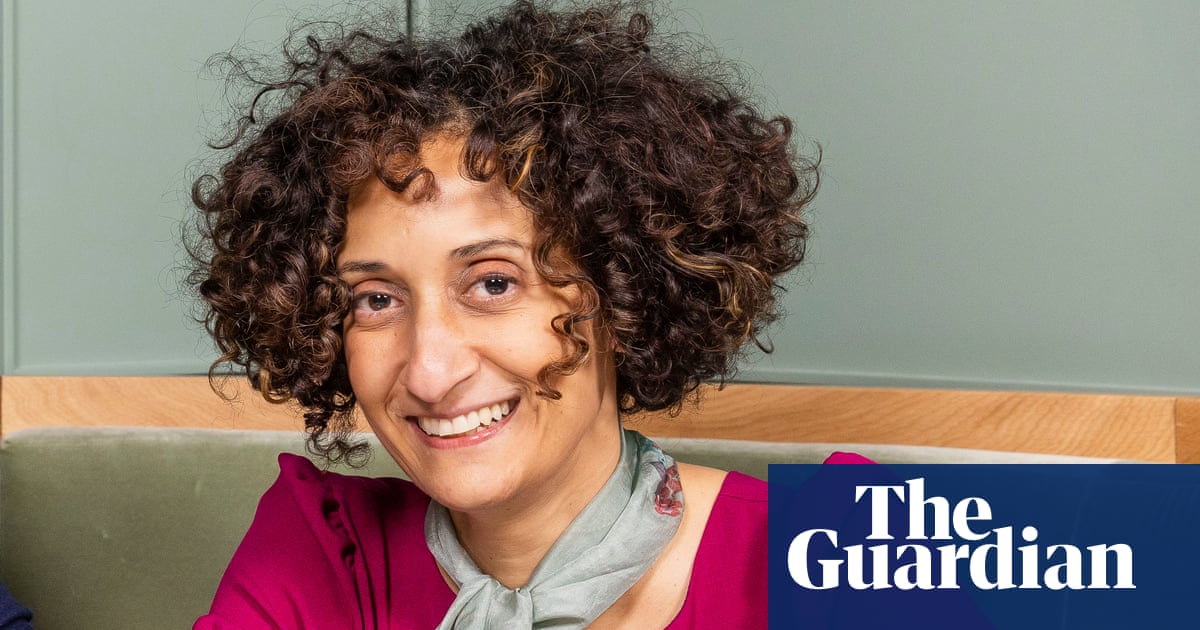How do you square the circle that is a 20% tax exemption for wealthy people? That is the difficult question the Independent Schools Council (ISC), the lobby group for the UK’s private schools, finds itself trying to answer. Accepting that it is “increasingly likely” that Labour – which has a policy of charging VAT on private school fees – will win the next election, the body representing independent schools has stepped up its tactics.
In its fightback against one of the few policies that puts clear daylight between the Tories and Labour, the ISC has written to MPs and contacted private schools – one letter gives schools “a template that Labour insiders suggest could be shared with parents to try to discredit the party’s policy”. This prompted party figures to warn that they could write to the Charity Commission about private schools expressing political opinions or engaging in political campaigns.
Were all this not enough, the lobby group’s own emails reveal that officials described Labour’s shadow education secretary, Bridget Phillipson, as “chippy” – someone who “doesn’t know diddly” and can not “appreciate the great good our sector does”.
That private schools do much “good” for “local communities” is an argument their defenders repeat so often, you could be forgiven for thinking this is the real reason why “hardworking parents” opt to go private. Little mention is made of the socioeconomic premium that private school attendance awards children over the course of their lives. After all, people who hold the top jobs in Britain – in politics, the judiciary and the media – are five times more likely to have gone to private school than the general population.


